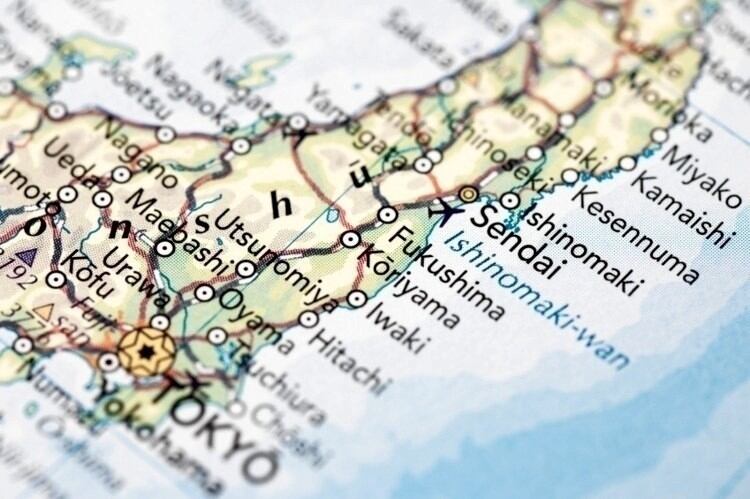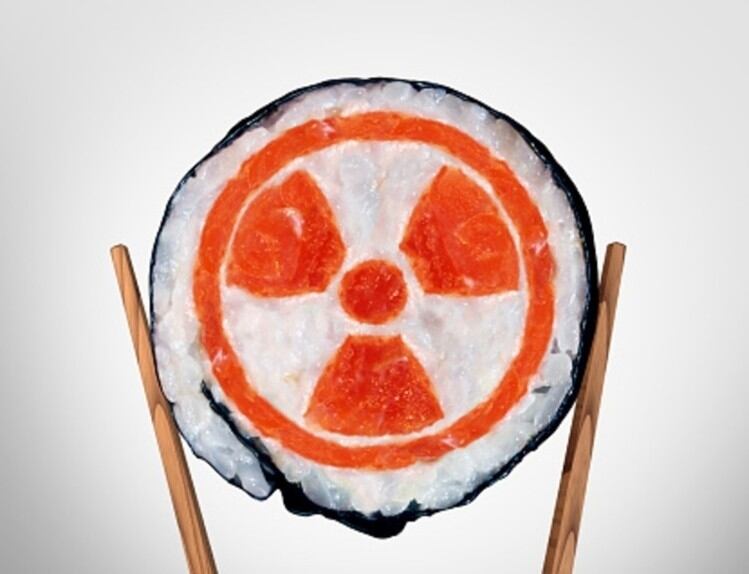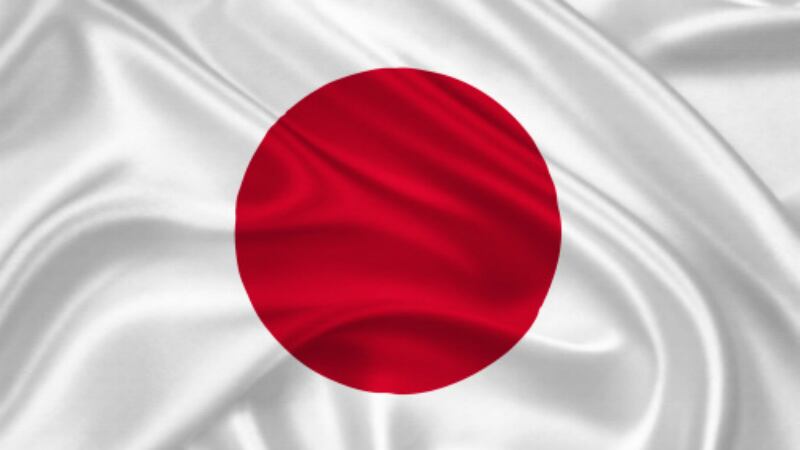It has been almost 12 years since the Fukushima nuclear power plant meltdown disaster in 2011, since which Japan has been exhausting many avenues to try and get its food exports back on track, hindered by foreign market fears of importing radioactive products.
However Japan’s tenacity and rigorous self-imposed testing has led to much progress being achieved over the years – from the 55 countries and regions that introduced import bans or controls on Japanese foods after the disaster struck, over 40 have lifted these measures as of mid-2022.
This month, Japan took another step towards freeing itself from the confines of the ‘nuclear food’ tags often associated with products from Fukushima, Gunma, Ibaraki, Tochigi and Chiba when the Ministry of Health, Labour and Welfare (MHLW) announced that all restrictions were being lifted for shipments and exports of several food items that had been under scrutiny since the disaster.
“The Nuclear Emergency Response Headquarters has ordered that shipping restrictions be lifted for food products [that have been found to no longer be a risk to human health] such as bamboo shoots and shiitake mushrooms [that have been cultivated] under proper management and in safe locations,” MHLW said via a formal statement.
“Other foods include eels that are sourced from the Tone River, Yasuji River and Yodaura River – this is according to specifications in the Act on Special Measures Concerning Nuclear Emergency Preparedness in Japan.”
The ministry also provided an update on its test results for radioactive substances in food products from the affected areas which have been consistently conducted over the past decade.
Even though almost a dozen years have passed since the nuclear incident and although most food products have been declared safe, not all traces of its effects have yet been completely eradicated as evidenced by the ministry’s latest report.
“Radioactive inspection tests have been conducted in food by the various local governments across the region, and this latest round saw 1331 analyses being done for the presence of radioactive substances,” it said.
“Most products were safe with radioactivity below the standard limit allowed, but 10 cases of unacceptable radionuclide content still persists, all cases of wild boar meat originating from the Fukushima prefecture.
“The standard limit for radionuclides in general foods are set as 100 Bq/kg of caesium – but in the 10 samples the radionuclide levels ranged from 110 Bq/kg to as high as 750 Bq/kg, much higher than the specified limit.”
As such, MHLW is still maintaining not only the export restrictions in place for wild boar meat, but also general shipping and selling constraints.
Proving nuclear-free status
Over the past two years, Japan has sought assistance from various other governmental agencies in addition to providing its own data and analysis in order to overcome the ‘nuclear foods’ label challenge.
Several of these well-respected third parties including the United States FDA, the United Kingdom Food Standards Agency and Singapore’s Ministry of Foreign Affairs (MFA) have determined that the health risk from Japan-produced foods is negligible.
“Singapore is satisfied with the food safety surveillance results and will be lifting [all import] requirements,” MFA said in 2021, whereas the UNFAO also said in July 2022 that Japan’s measures to monitor and manage radionuclide food contamination are ‘appropriate and the public food supply is safe’.
At this point in time, only a handful of markets still maintain import measures on Japanese foods such as China, South Korea, Hong Kong and Taiwan, but unfortunately the assurance from these third parties does not appear to have much bearing on their decisions.
“[These] countries and regions are not consistent with the international trade rules and maintain import measures without justifiable scientific evidence,” Japan’s Export and International Affairs Bureau declared at the International Atomic Energy Agency (IAEA) General Conference in Vienna.
“They adopt all or some of the following measures, notably blanket import bans, requirements of testing/origin certificates, and retesting at their border and rejecting food with just a trace of radio-cesium.
“Some even admit the safety of Japanese food but indicate public concern as an excuse for maintaining these measures even though scientific evidence already indicates that the health risk is negligible – Japan calls on them to communicate with their citizens [and make decisions] based on science.”





